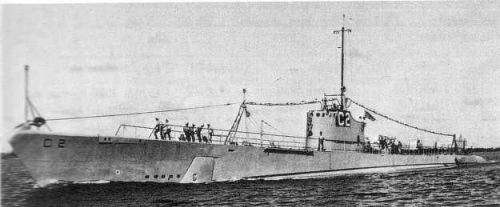
NAVYPEDIA
 Support the project with paypal
Support the project with paypal
Photo

Cuttlefish 1930s
Ships
| No | Name | Yard No | Builder | Laid down | Launched | Comm | Fate |
|---|---|---|---|---|---|---|---|
| SS170 | Cachalot | Portsmouth N Yd | 10.1931 | 19.10.1933 | 12/1933 | stricken 11.1945 | |
| SS171 | Cuttlefish | 17 | Electric Boat, Groton | 10.1931 | 21.11.1933 | 6.1934 | stricken 7.1946 |
Technical data
| Displacement standard, t | |
|---|---|
| Displacement normal, t | 1120 / 1650 |
| Length, m | 80.8 wl 82.9 oa |
| Breadth, m | 7.54 |
| Draught, m | 4.27 |
| No of shafts | 2 |
| Machinery | 2 MAN diesels / 2 electric motors |
| Power, h. p. | 2770 / 1600 |
| Max speed, kts | 17 / 8 |
| Fuel, t | diesel oil 333 |
| Endurance, nm(kts) | 9000 (12) / 50 (5) |
| Armament | 1 x 1 - 76/50 Mk 17/18, 3 x 1 - 12.7/90, 6 - 533 TT (16, 4 bow, 2 stern) |
| Electronic equipment | QC, JK sonars |
| Complement | 51 |
| Diving depth operational, m | 75 |
Standard scale images

Cachalot 1940
Graphics
Project history
Occurrence of these boats with small (to the American measures) displacements speaks by several reasons. First, accepted by the London Naval conference of 1930 limitation assigned on displacement of submarines left only one way for increase in number of these ships: reduction of their dimensions. Secondly, the comparison of Dolphin with from one of the best German submarine of First World War U135 appeared not in favour of the American submarine which at appreciable bigger displacement exceeded German sub only in an endurance, yielding on the majority of remaining characteristics.
Taking into account these factors the project of new submarine, with German "roots" was ready, but fulfilled on new technological level, in particular, with wide usage of welding instead of traditional riveting. Double-hulled, diesels driven shafts directly.
Though a number of experts also responded Cachalot as not quite successful ship, she became ancestor of the majority later fleet submarines of the USN.
Modernizations
1938, both: diesels were replaced by more powerful ones (3100hp)
1940s, both: + SD, SJ radars
1.1946, SS171: 6 - 533 TT (4 bow, 2 stern, 16), 1 x 1 - 76/50 Mk 11, 3 x 1 - 12.7/90, SD, SJ radars, QC, JK sonars
Naval service
No significant events.
 HOME
HOME FIGHTING SHIPS OF THE WORLD
FIGHTING SHIPS OF THE WORLD UNITED STATES OF AMERICA
UNITED STATES OF AMERICA SUBMARINES
SUBMARINES CACHALOT submarines (1933 - 1934)
CACHALOT submarines (1933 - 1934)
